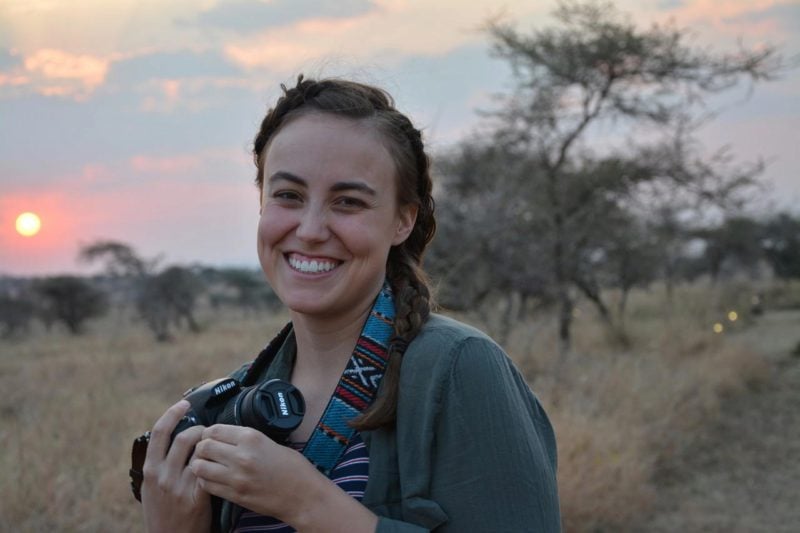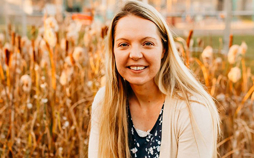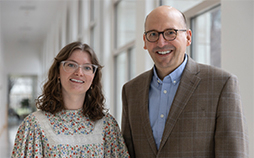Studying the Effects of Texting on Tanzanian Politics
A team of BYU students went to Tanzania with professor Daniel Nielson to examine the effects of cell phone use on the socioeconomic status of women in developing countries.
April 2017

When the opportunity to go to Africa for a research trip arose, Naomi Dorsey—being the explorer that she is—naturally jumped at the chance.
“International development is something I have always been around and really loved,” said Dorsey. “So, of course I said ‘yes’.”
Dorsey, a political science major at BYU, was born in Guatemala, lived in Djibouti for several years, and attended high school in Costa Rica. Those experiences—plus the many volunteer trips she has taken all over the world with her dad—have given her firsthand insight into life in developing countries.
Dorsey has been part of a team mentored by political science professor Daniel Nielson that is researching how to improve the socioeconomic status of women in developing countries. Last summer the research took her to Tanzania to study the potential effects of cell phone uses.
“One of the things we wanted to see was how sending women text messages would impact their involvement in local politics and their confidence in fighting for their rights,” said Dorsey. “Patriarchal culture is still present in a lot of developing countries. However, it is changing and it was amazing to hear about that change from the women we interviewed.”
Using a randomized controlled trial, women were divided into two groups: treatment and control. Subjects in the treatment group received text messages inviting them to political activity workshops and to classes on civil and political rights; those in the control group did not receive any texts.
“We did the initial interviews and some women received the cell phones, but the project is still ongoing,” said Dorsey. Next summer another group of students will continue the research.
Dorsey is grateful for the impact that her time in Tanzania had on her life and for the generous giving that got her there. “The whole time I was in Tanzania I was so grateful. Professor Nielson is awesome. He’s set a good example of how to do research professionally while also building these really strong relationships,” she said. “It has been the journey of finding out who I am and what I want to do with my life. And I know I wouldn’t be able to do that if somebody didn’t so graciously donate the money.”

A team of BYU students went to Tanzania with professor Daniel Nielson to examine the effects of cell phone use on the socioeconomic status of women in developing countries.

When Jamie Easler was a BYU graduate student six years ago, she realized she wanted to better understand youth on the autism spectrum and, by extension, their families.

Ten years have passed since the American Family Survey began collecting data about Americans’ opinions about families—their importance, their health, their needs—and therefore what policies will be most beneficial and popular across party lines.